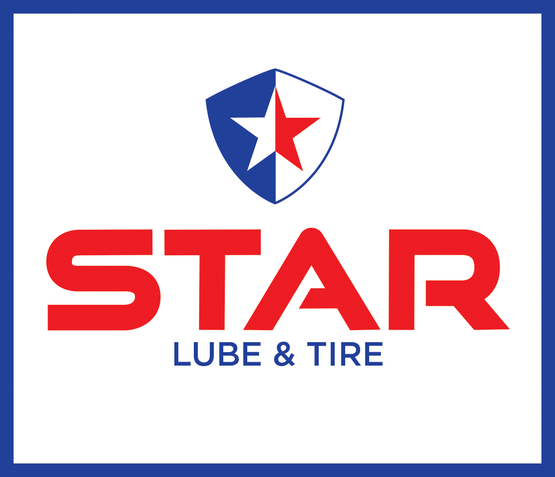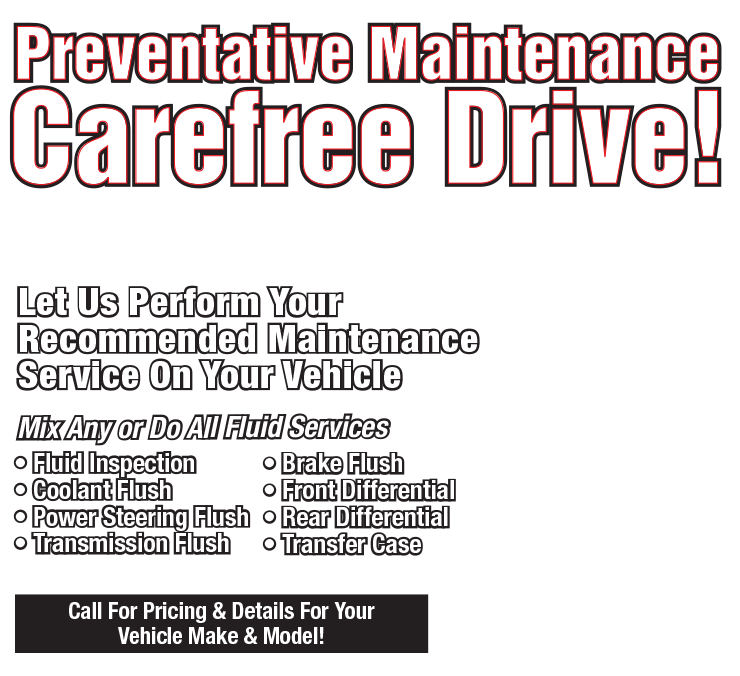Fuel Injection: It Keeps Getting Better for Branson Drivers
August 11, 2024
Branson residents know that engines need to burn fuel to operate. Fuel is pumped from your fuel tank to your vehicle engine where it is squirted—or injected—into your engine's cylinders. This is the function of the fuel injectors.
There are two ways to inject fuel into an engine. Fuel needs air to burn, so in the first method, fuel is injected into a port and allowed to mix with air—before it is drawn into the cylinders. In the second method, fuel is injected directly into the cylinders and mixes with air after it enters the vehicle engine.
Direct injection engines burn fuel more efficiently than conventional vehicle engines. Some models can deliver the power of a V8 with the economy of a V6.
For example, in one family of engines, the conventional version (a V6) delivers about 250 horsepower. The direct injection version delivers over 300 horsepower and gets about the same gas mileage. The turbocharged version delivers 350 horsepower.
Why the big difference in power? Direct injection systems allow fuel to be squirted into the vehicle engine at hundreds of times the pressure of a conventional engine. This atomizes the fuel better (breaks it down into tinier droplets), which means more of it gets burned, which translates to more power for your engine. It also results in cleaner emissions.
Fuel injectors are precision instruments. They have to deliver the right amount of fuel at exactly the time the vehicle engine needs it. They are also engineered to inject fuel with a specific spray pattern. This spray pattern allows for maximum fuel efficiency and proper atomization. Direct injection engines require a much higher degree of precision than conventional engines. For this reason, they are equipped with more sophisticated computers.
When fuel injectors get dirty, their precision drops off. The spray pattern won't be precise, and the timing of fuel delivery may be off. This decreases fuel efficiency and fuel economy as well as delivering less power to the engine.
Branson residents should understand that fuel injectors are not cheap to replace. Direct injection fuel injectors are even more . And we're talking a mortgage payment to buy a set of new fuel injectors for a diesel engine.
So keeping your fuel injectors clean is just good auto advice. The best way to do this is to change your air and fuel filters regularly and practice other habits of good vehicle care and preventive maintenance. Cleaning additives in your fuel can also help.
If you do end up with gum or varnish in your fuel system, you'll need a professional fuel system cleaning. This will clean out your whole system, including the injectors. The good news is that with proper maintenance, Branson drivers will enjoy better fuel economy and their fuel injectors will last for a long time.
Contact us for more tips to help you improve your performance and safety.
Star Lube Branson
598 State Hwy 165
Branson, MO 65616
417-239-2886
http://www.starlubebranson.com
Need Service?
More articles from Star Lube & Tire of Branson

How Tired Are Your Tires? (Tire replacement)
April 27, 2025
Of the things you think about most, your tires are probably pretty far down the list. Thats understandable because todays tires are engineered to do their job without needing you to pay too much attention to them. But they DO wear out, and worn tires can contribute to skidding in bad weather, not... More

Differential Essential (Differential Fluid Exchange)
April 20, 2025
What's the dif? To an automotive technician, it's the differential, a part of your vehicle that helps direct power from the engine to the wheels. The differential is a gearbox that enables the drive wheels to turn at different speeds (they do that when you turn). Inside the differential is a f... More

Flat Tire? Three?s the Charm (Tire Repair)
April 13, 2025
For most drivers, at some point youre going to have a flat tire. Depending on how it was damaged, it may have to be replaced. But sometimes, a repair will do the trick, as long as the puncture isnt on the sidewall and the hole is smaller than inch/6.35mm in diameter. Here are the three common w... More








